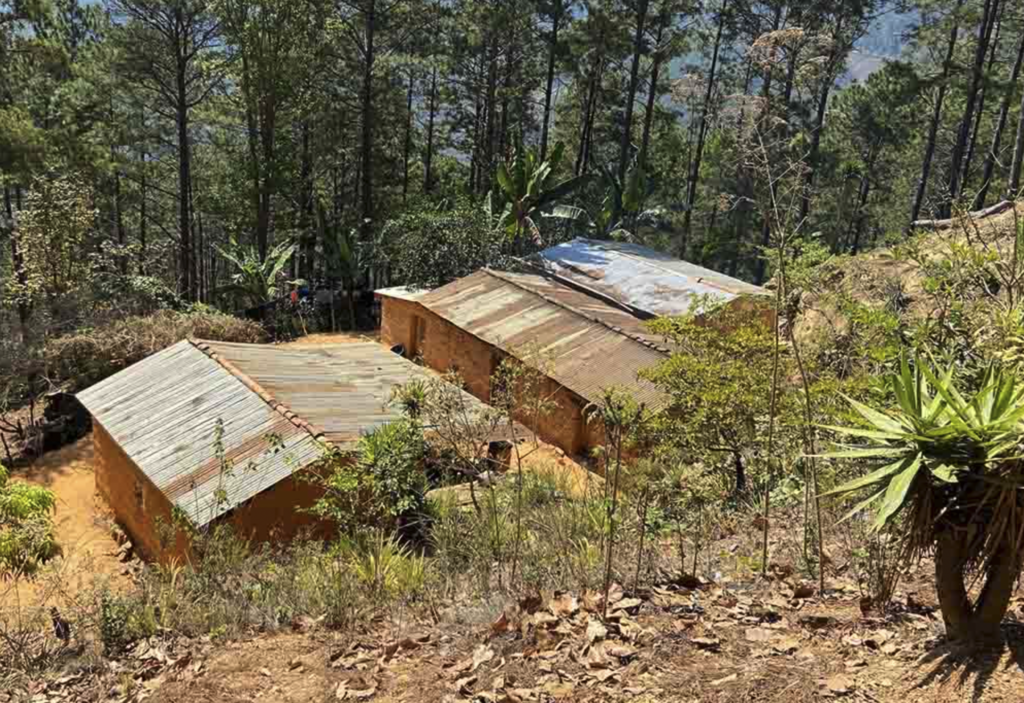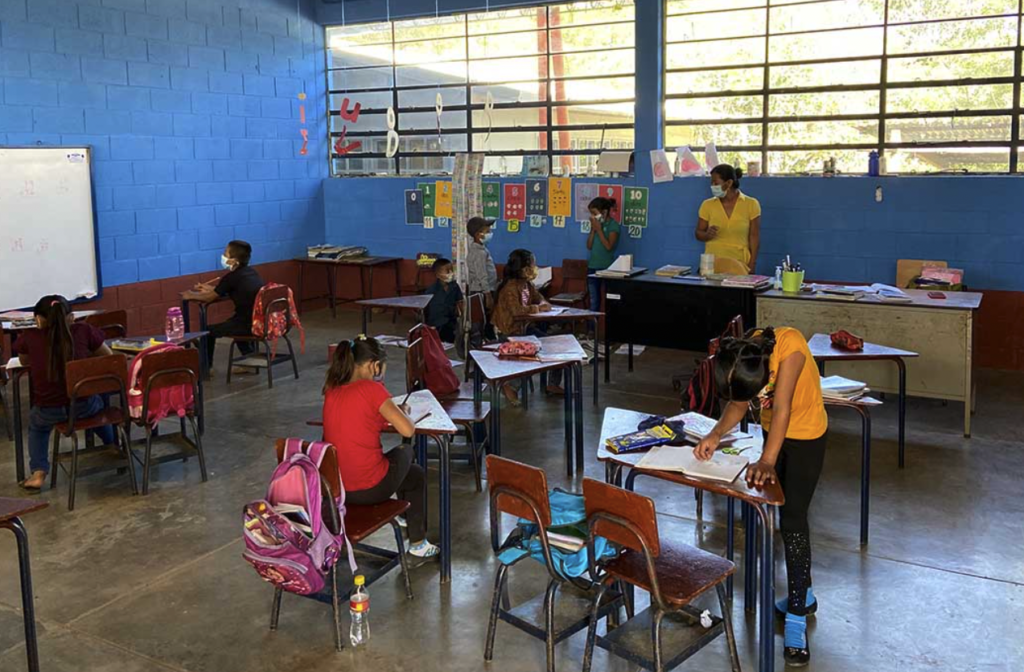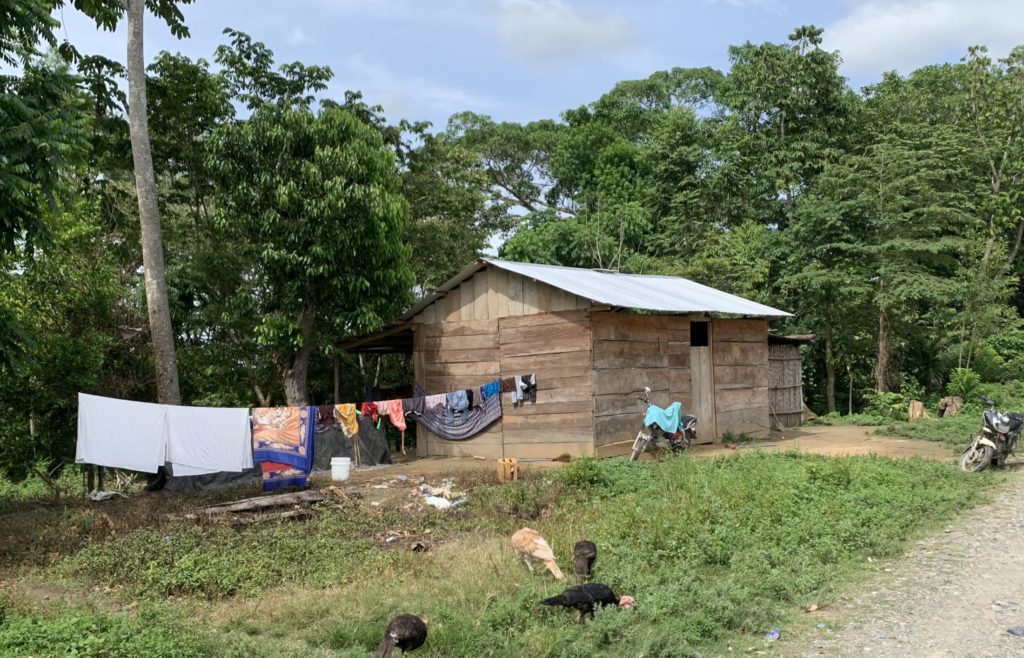With COVID-19 restrictions eased, three teams of lineworkers from electric cooperatives in Oklahoma, Colorado, Arkansas, and Florida are heading to Guatemala later this year. It’s the first international trip in two years for co-op volunteers, who were sidelined during the pandemic.
The Energy Trails team from Oklahoma and Colorado, consists of 16 lineworkers. In late summer, they are heading to electrify La Montanita de la Virgen in southeastern Guatemala, a small mountain village of about 400 people. During their 19-day trip the lineworkers will extend distribution service to 72 homes, an elementary school, a small church, and a health care center. Nearly a third of the villagers are children.

The Operation Razorback team from Arkansas will travel on a three-week mission in October to electrify another remote Guatemalan village farther north near the Mexican border. Fifteen volunteer lineworkers will travel to Santa Martha, a village of about 300 people. This team will provide power to 50 households, a school, and a health clinic.
Both teams traveled to the project sites earlier this year in project planning activities. Team leaders from each team traveled with Erick Berganza, NRECA International engineer, and Ingrid Hunsicker, NRECA International senior project manager. During the planning trip, the team leaders get a chance to familiarize themselves with the distribution design, terrain, and familiarize themselves with the community and culture.
Hunsicker stressed that while having skilled volunteers and being prepared is crucial, being flexible is also key.
“We are excited to restart these volunteer missions this year,” said Hunsicker. “They understand our mission, the planning required, and most importantly, the teams have shown they can adapt well to changes that can happen on the ground. This is key to a successful mission.”

Liz Fiddes, director of member services and education at the Colorado Rural Electric Association, Damon Lester, the project team leader and a line foreman with Indian Electric Cooperative, and Chet Strickler from Holy Cross Energy traveled for the Energy Trails planning trip in April.
Rob Roedel, director of corporate communications, and Sam Lockhart, manager of construction services both from Arkansas Electric Cooperatives, Inc. traveled for the Operation Razorback planning trip in June.
The Florida team leaders will be traveling for their planning trip in August, represented by David Lambert, II, from Withlacoochee River Electric Cooperative and Ryan White, from Seminole Electric Cooperative. More details for this volunteer mission will be available soon.
“I am very happy to be able to continue our mission to improve the quality of life for our friends in Guatemala by bringing electricity to the unserved,” said Roedel. “I am always humbled by the kindness and appreciation shown by the villagers during our missions. We want to help make the world a brighter place today for future generations.”

The teams will build primary and secondary lines, install 10kVA and 25 kVA transformers, and install house wiring so each home will have four lights, two outlets and a small circuit panel.
Dan Waddle, senior vice president for NRECA International, said that’s a big part of why the volunteer program is so important.
“NRECA International can offer our members the opportunity to see and feel the real value of the electrification experience—to turn on lights in homes and energize rural businesses just as their cooperatives did decades ago,” he said. “Young co-op employees can have the same experience that their predecessors had and understand the essence of what electric co-ops offer to their communities.”
That point was underscored when Fiddes met a 53-year-old Guatemalan woman who has raised eight children with no electricity. The woman has to mill corn by hand for four hours a day to make tortillas for her family, including five children who still live at home.
“She dreams of refrigerators and having a corn mill for the community,” Fiddes said. “If she could get four hours of her day back to spend with her family, it would mean so much.”